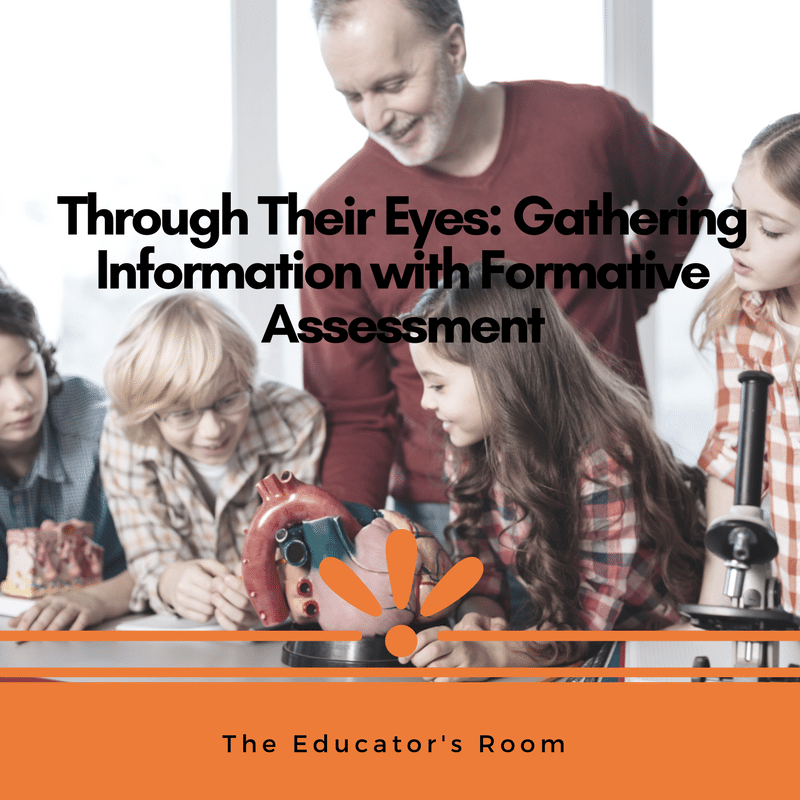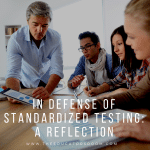There is a game called Petals Around the Rose. The object of the game is to figure out the rules of the game. The rules of the game are reflected in the title. I played this game in a class composed of masters level engineer students and classroom teachers. It was interesting to observe the methods used to figure out the answer. What do you do when you are learning new information?
[bctt tweet=”What do you do when you are learning new information?” username=””]
Take a minute and play the game. Reflect on your own learning. Pay attention to how you are feeling and what you experience as you fail and find success with the game. What strategies did you use to figure out the rule? How did you feel when you did not know the rule? Did you shut down? Why or why not? How does this apply to your classroom?
The challenge to all teachers is to move students forward in their learning. We have goals and objectives to meet during the semester or year, and we have students that bring different knowledge and experience to the classroom. We use activities, lessons, labs and projects to help students connect their experiences and past knowledge to move them into new knowledge. Formative is an important tool to understand where all learners are on the path of learning.
Formative assessment is a process used by teachers and students during instruction to provide feedback. This feedback is gathered through teacher observations, exit tickets, writing prompts, clicker systems, and other ways to assess where each student is in the learning process. It is NOT: an instrument, more tests, scored, a one-time event, an end of the period test, or only done by teachers. The information is then used to adjust ongoing teaching and learning to improve all students’ achievement of your intended instructional outcomes. This process is embedded into your daily instruction and teaching. With lesson plans centered around clear learning goals, formative assessment moves all learners forward.
Let’s take a moment and think about cooking. In the cooking shows on TV, which I have become addicted to this summer, the chef tastes their dish throughout meal preparation. They use a tasting spoon, I did not even know that was a thing until recently, and sample as they go. This is a formative assessment. The chef tastes as they cook to make adjustments to the recipe that impact the end result. They are checking their dish (student work) against their palate (classroom objectives) to understand how the dish is developing. At the end of the time, the dish is judged. The judges, often very harshly, give feedback on the presentation and taste of the dish. They taste the food and decides if they like it or not. This is a final decision. They are checking the dish (student work) against their criteria (classroom objectives) to provide a final result. Formative assessment uses periodic checks to see for the learning while summative assessment provides a final result of learning.
Where is the focus of assessment in your classroom? When you look at student samples are you focused on the quality of the work or the quality of learning? Is there an importance placed on the grade or the feedback provided for students? Do you compare students or identify progress by students? Are you looking for what was accomplished or what was next? The continuum for each of these opposites should provide a balance between summative (final) assessment and formative assessment for students. The formative piece helps you move all learners to your learning goals so the summative piece is a success.
Formative assessments can be done numerous ways. They are the quick check from a writing prompt, exit tickets, video or audio recordings, photographs of work, a short paragraph, notes on a student conference, your observation notes (use a grid to keep track of who you talk with, what you see), student responses to a problem, observed changes based on feedback or student notes in response to feedback, a student log including self-reflection on successes and difficulties, online tools including Socrative, Kahoot, and Google Classroom. I often use sticky notes to have students complete one math problem from the day at the end of class. Picking these up I can quickly glance through the work and keep the notes from students who need help the next day. Formative assessments give you a real-time glance at students learning so you are guiding, directing, redirecting and extending learning for all students as they go.
Formative assessment should be used for learning. It gives you a road map to each individual student so you can group and guide students as they learn. It is not for a grade, something that should take a huge amount of time, or separate from learning. With formative assessment teachers effectively use student responses while probing for more information as necessary. There are many components that work together to strengthen your formative assessment so you are best able to makes inferences about student progress and adjust instruction accordingly. Formative assessment is a must have tool for educators today. In the words of Pablo Picasso, “I am always doing that which I cannot do, in order that I may learn how to do it.”
Borrett, Lloyd. “Play Petals Around the Rose.” Petals Around the Rose. N.p., n.d. Web. 12 July 2015.








Leave a comment